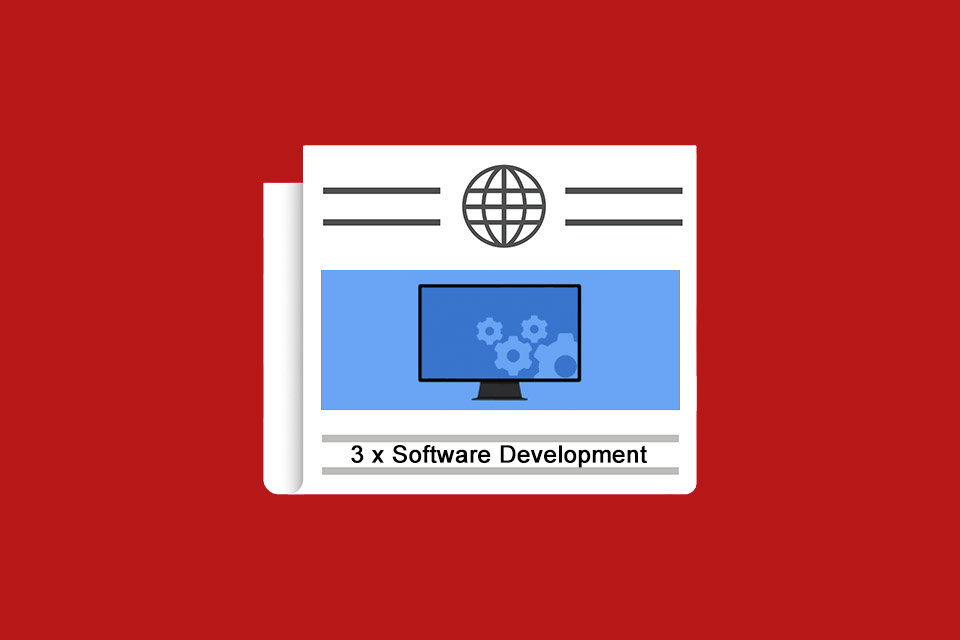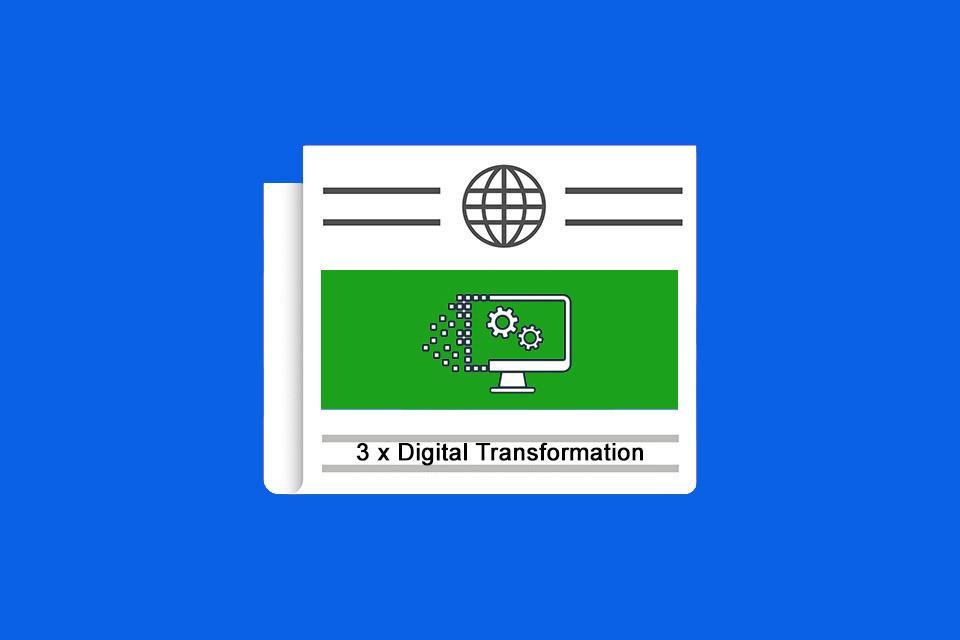Three questions about uncertainty
An interview with Astrid Kuhlmey about uncertainty
Many things in life are uncertain. We find it difficult to calculate the effects of decisions. Developments, projects and changes are difficult to predict. Added to this are values and beliefs, perceptions and new technologies. Remaining capable of acting in such situations of uncertainty is a necessary core competence for the success of people and organisations.
Astrid Kuhlmey is a qualified computer scientist, systemic coach and expert in uncertainty research. This makes her exactly the right person to answer the following three questions about uncertainty:
What significance do personal values and moral convictions have in the face of uncertainty?
Astrid Kuhlmey: A very important one. Personal values influence our view of the world, and for uncertainty this means in concrete terms: Is the world manageable and controllable or not? Do I even have the ability and the confidence (in myself) to deal with this lack of controllability? And what does it mean for me that I cannot control the world and am therefore sometimes “at the mercy of things”?
The answers to these questions determine how I deal with uncertainty: Do I want to eliminate it, am I afraid of it, do I face it consciously and in the knowledge that this will sometimes backfire, do I discover joyful moments in the uncertainty. These are all key aspects that determine how we deal with uncertainty.
Many of these questions and personal values are linked to our (unconscious) beliefs and can therefore quickly become moral convictions. This is risky for dealing constructively with uncertainty, because morality is often characterised by “right” or “wrong”. This blocks the trial and error that is necessary in uncertainty and can even lead to taboos – and it is precisely these that need to be overcome in uncertainty. For me, this is the key difference between personal values and moral convictions: Personal values are easier to reflect on and adapt, whereas with moral premises the inner (and also social) process is much more complex and profound and, due to the unconscious, the necessity is often dissociated.
For me, it is important to hold on to certain personal values (even in cases of doubt), such as human dignity, while at the same time (recognising) the diversity of their manifestations. Moral convictions are more rigid and reach their limits more quickly. This is another reason why they tend to be less scrutinised than personal values, because these narrower boundaries also convey a form of (apparent) security.
These boundaries block the creative handling of uncertainty and restrict our options for action. This becomes abundantly clear, for example, with the topic of “taboo”. At the same time, however, it is precisely in times of perceived uncertainty – one can certainly also speak of a turning point here – that moral principles must be scrutinised and, if necessary, readjusted.
How do cultural differences influence the perception and management of uncertainty?
Astrid Kuhlmey: Cultural imprinting is a key aspect of dealing with uncertainty. Western cultures are strongly characterised by planning and rational thinking – certainly one reason for the “success” of these cultures in recent centuries. However, this form of thinking reaches its limits in times of so-called polycrises, as predictability decreases. [1]
The sense of security in Western cultures is also strongly characterised by the external (security) framework, especially in Germany.
Other cultures have a completely different approach here. The concept of inner security, for example, is deeply rooted in Chinese culture with Taoism, Taijiquan and Qigong. It is based less on cognitive thinking and more on holistic perception and inner stability. [2]
And in the Indian business context, for example, building relationships comes before professionalism, whereas here it is the other way round.
These cultural achievements of Far Eastern cultures are supportive of the subjectivising action that is required in uncertainty. And – quite essentially – movement arts such as taijiquan or yoga promote body intelligence, which is the basis of subjectivising action. [3] In Western cultures, on the other hand, our body tends to be a kind of object or undertaking that has to function and, above all, subordinate itself to our “higher, faster, further”.
Fortunately, the thematisation of mindfulness is now changing this way of thinking – even if mindfulness is still (too) often used as a relaxation technique and not as a premise for dealing with the living.
How do digital technologies and AI-supported systems reduce or increase uncertainty?
Astrid Kuhlmey: As complex systems, digital technologies bring with them new, unexpected events. At the beginning of my computer science studies, we were still able to follow the so-called determinism concept; troubleshooting began with reproducibility. Through increasing networking, we have created complex systems that are even becoming a source of uncertainty themselves. As early as 2016, scientific studies equated technology as a source of uncertainty with the human factor. [4] Since then, complexity has continued to increase and AI is reaching new dimensions thanks to its ability to learn.
At the same time, AI provides us with a tool that helps us to avoid unexpected situations (uncertainty prevention). For example, AI-supported weather forecasts help us to better predict flood risks. It is crucial that such tools are operated by experts who can assess the quality of the results. [5] This is becoming increasingly important, as it can be observed in the field of weather forecasting in particular that our models are becoming less accurate due to climate change, and experts are needed here.
The answer to the third question is therefore “both”. AI in the hands of experts is an important decision-making aid in complex situations and a tool for avoiding uncertainty. However, our hope of making the world more manageable through digital technologies and AI systems is deceptive and even risky if we do not sufficiently consider the risks of the technologies. [6]
Notes:
Are you looking for support in dealing with uncertainty? Then simply contact Astrid Kuhlmey.
[1] Letting go is the new way of planning
[2] Was bedeutet Koerperarbeit?
[3] What we can learn from starship Enterprise
[4] Studie der GPM: Umgang mit Ungewissheit in Projekten
[5] Artificial intelligence (AI) for everyone?
[6] Bedrohung oder Chance? Eine neue Denkweise im Umgang mit KI: Künstliche Intelligenz, Sciencefiction und Projektmanagement
Here you will find a German podcast with Astrid Kuhlmey on dealing with uncertainty in projects.
If you like the article or would like to discuss it, please feel free to share it in your network.
There are more posts from the t2informatik blog series “Three questions …”, including

Michael Schenkel
Head of Marketing, t2informatik GmbH
Michael Schenkel has a heart for marketing – so it is fitting that he is responsible for marketing at t2informatik. He enjoys blogging, likes changes of perspective and tries to provide useful information here on the blog at a time when there is a lot of talk about people’s declining attention spans. For example, the new series “Three questions …”.



